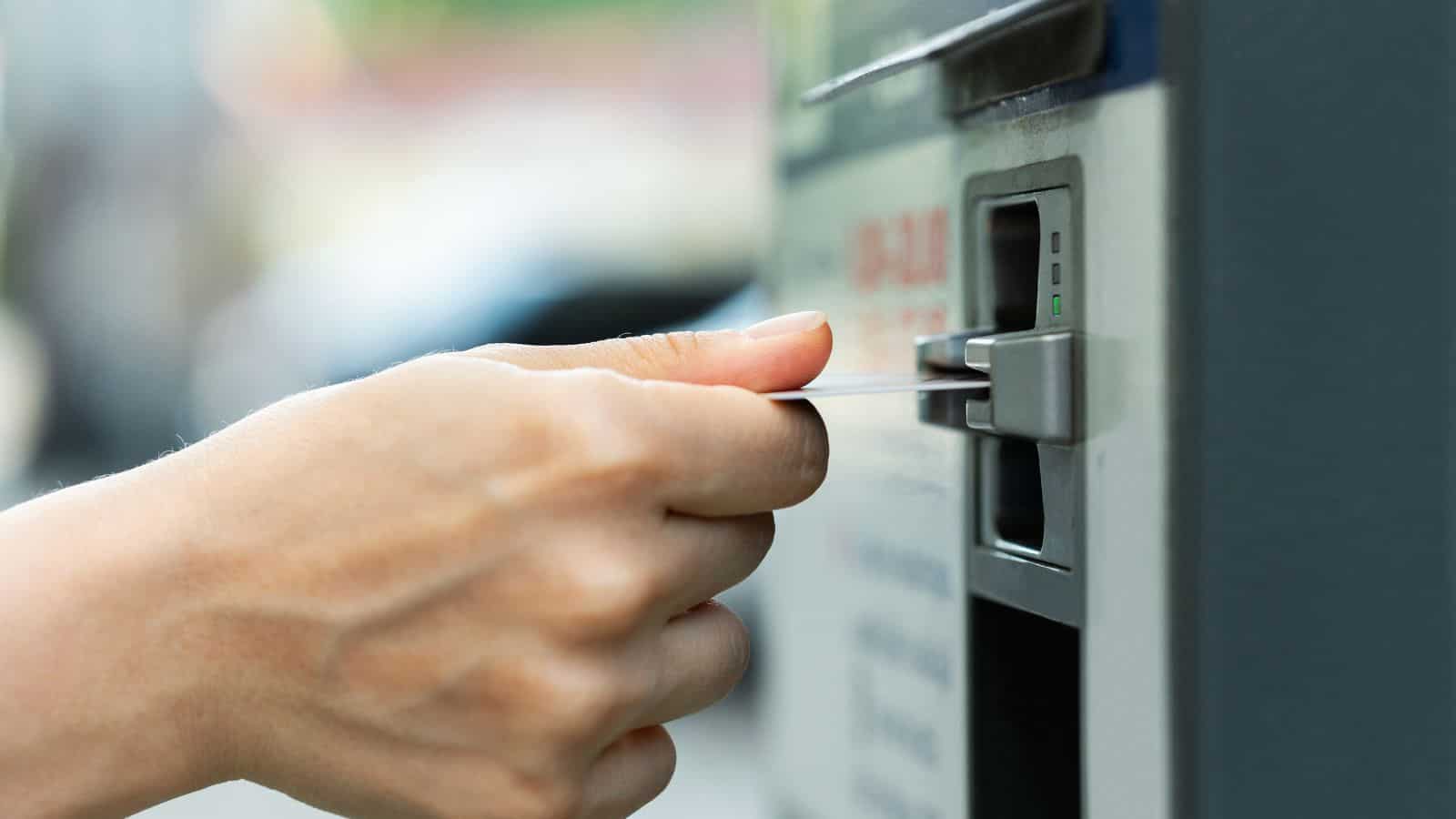Fees are something we all must face in life. Many companies use them to use them to fatten their bottom lines. We pay hundreds of billions in fees annually. For example, CNBC reports Americans paid $164 billion in credit card fees alone. That doesn’t even touch other areas where we may pay a fee. While you may not be able to avoid fees completely, it is possible to avoid many needless fees. These are 11 fees you should try and avoid paying in life.
Table of Contents
Minimum Balance Fees

Some banks charge fees if you let your account balance fall below a certain amount. These fees are typically applied to specific checking or savings accounts.
Their purpose is to encourage customers to maintain a minimum balance. But they are designed to make banks money.
Don’t pay the bank. Instead, switch to a high-yield savings account with no minimum balance requirements.
Late Fees

It’s easy to be forgetful. When it comes to your bills, that inattentiveness can cost you dearly. Take your credit card, for example. Being late on a payment can result in a fee of $30, or more.
To avoid this, put your bills on auto-pay. If that makes you uncomfortable, create an alert on your calendar several days before it’s due each month. This gives a good reminder without hurting your credit.
Credit Reports

Checking your credit report annually is a terrific way to see where you stand. However, you should never pay to access your report.
Instead of paying $20, or more, go to AnnualCreditReport.com to access your Equifax, Experian, or TransUnion reports. You can request one from all three agencies each year. Some banks and credit card companies also offer them for free.
ATM Fees

An ATM is a great option to withdraw cash in a pinch. Unfortunately, banks love to charge fees to use an ATM. Paying money to access your cash is a terrible idea.
If you often need to withdraw cash, find a bank that waives these fees. There are many that do this for customers. Just make sure you use an in-network ATM.
Hotel Wi-Fi Fees

In 2023 there’s no sense to pay a fee to access Wi-Fi at a hotel, or any business for that matter. If the hotel you’re at charges a fee, see if they offer complimentary Wi-Fi by joining their loyalty program.
Don’t overlook your phone company either. If you have a mobile hotspot, that could help you avoid this fee.
Many Car Dealership Fees

Car dealerships love to charge fees. Delivery fees, documentation fees, inspection fees, and more can add to the bloated cost of a new automobile.
Dealerships are legally required charge some fees. That doesn’t mean you can’t negotiate them down. Ask what they can do, including knocking the fee amount off the overall price of the car to save some cash.
Credit Card Cash Advance Fees

Emergencies occur, and a credit card may seem like a justifiable lifeboat. Taking a cash advance from your credit card can be costly. Not only do you pay a fee of at least five percent of the amount taken, you also pay interest immediately on it.
Opt for withdrawing money from your savings account as a solution. If you don’t need the funds immediately, there are legitimate ways to make money in one hour that can provide a helpful solution.
Paper Statement Fees

Banks and credit card companies view paper statements as a needless cost. Not only do they want to go green, they want to save money.
Most institutions charge at least $2 for the convenience of a paper statement. If you can, opt for an email option and save the cash.
Cable Device Fees

Cable and satellite companies love to charge fees. One of the worst offenders is the set top box fee, that is usually $10 to $15 a month, per TV.
You don’t pay that fee with streaming apps. Find a live TV streaming service that has the channels you watch and pocket the savings.
Inactivity Fees

Some companies charge this fee if you’ve been inactive for a certain period of time. It may be as little as six months of inactivity to a year or two.
If you don’t have enough activity they will slap you with a fee. And, the fee varies. The best way to avoid this is to know when the fee hits and do what you can to avoid it. Something as simple as a calendar reminder may help you avoid it.
If at all possible, search for an alternative option that eliminates the fee.
Overdraft Fees

Overdraft protection seems like a great way to safeguard against bouncing a check. That protection comes at a cost. You don’t want to pay $35, or more, to cover an overdraft of a dollar or two.
Opt out of this coverage and ask if you can link your savings account to your checking. If not possible, the worst case scenario is a transaction is denied when you use your debit card.
35 Proven Ways to Save Money Every Month

Many people believe it’s impossible to save money. Or, they think saving $20 or $50 a month won’t amount to much. Both are incorrect. There are many simple money-saving tips that can add up to big savings. You just have to start one, then another, to increase your savings.
Ways to Save Money Every Month
How to Multiply Your Money

Get-rich-schemes are typically scams. However, there are ways to truly grow your wealth. While not flashy, they can help you build real wealth.
7 Steps to Break the Paycheck-to-Paycheck Cycle

Making ends meet is hard on a limited income. However, it is possible to break the cycle and find financial stability. You just need to know where to start.
How to Stop Living Paycheck to Paycheck
10 Powerful Things to Do if You Have Over $5,000 in Your Checking Account

How much cash do you have in your checking account? It’s possible that you have too much in it. Here are ten things to do if you have over $5,000 in the account.
10 Powerful Things to Do if You Have Over $5,000 in Your Checking Account
I Need Money Now!

Are you in a cash rut and need money quickly? Don’t take out a loan. Here are 19 ways you can get cash today to make ends meet.
I’m John Schmoll, a former stockbroker, MBA-grad, published finance writer, and founder of Frugal Rules.
As a veteran of the financial services industry, I’ve worked as a mutual fund administrator, banker, and stockbroker and was Series 7 and 63-licensed, but I left all that behind in 2012 to help people learn how to manage their money.
My goal is to help you gain the knowledge you need to become financially independent with personally-tested financial tools and money-saving solutions.






Leave a Reply